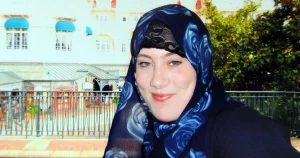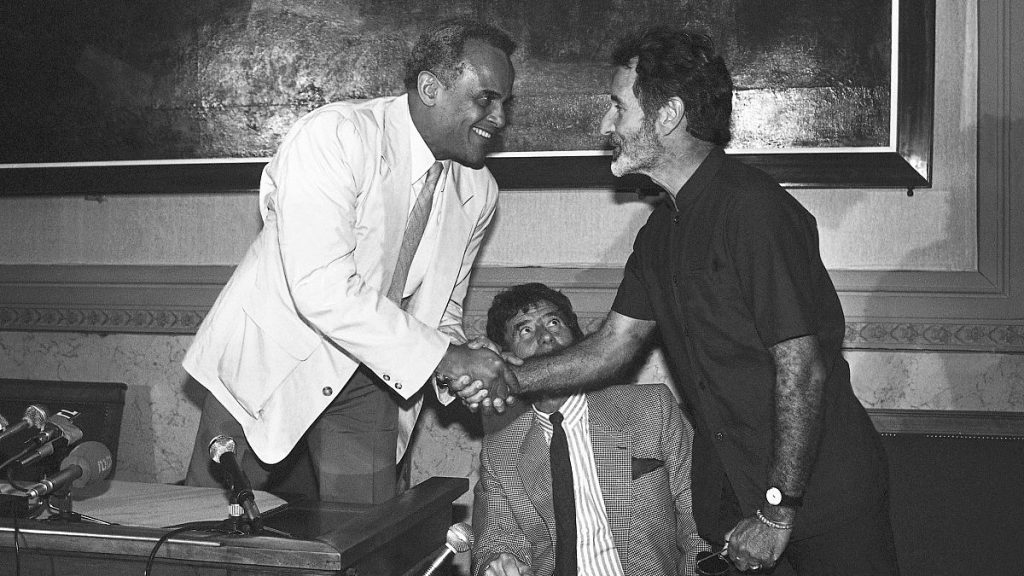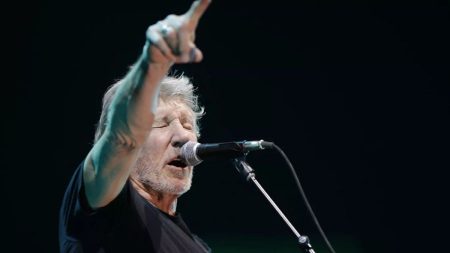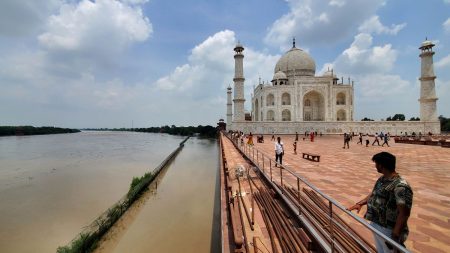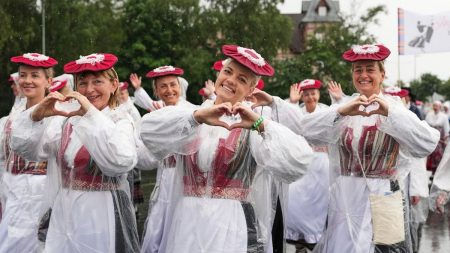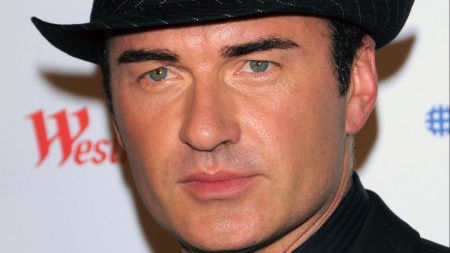Breyten Breytenbach, an accomplished South African writer and poet, has left an indelible mark on literature and the arts both domestically and internationally. Born in the Western Cape province in 1939, he is celebrated as a true champion of creativity and resistance against the injustices of his time. Breytenbach’s literary prowess is matched only by his bravery in opposing the oppressive apartheid regime that affected South Africa from 1948 until the early 1990s. His works, particularly in Afrikaans, have not only influenced his home country but have also resonated widely across global literary platforms, allowing readers to engage deeply with themes of exile, identity, and justice.
As a steadfast opponent of apartheid, Breytenbach’s voice rang true in the battle against racial oppression. He took great personal risks to advocate for change within South Africa, exemplified by his 1975 clandestine trip back to his home country. This trip led to his arrest, where he faced accusations of providing support to the then-outlawed African National Congress (ANC) and its efforts to undermine the apartheid government. The state deemed him a traitor, ultimately convicting him of treason and sentencing him to seven years in prison. His imprisonment did not silence him; rather, it fueled his creative spirit and commitment to activism. Upon his release, Breytenbach established himself in Paris, where he would continue to write and speak out against the injustices of apartheid.
One of Breytenbach’s most important contributions to literature is his powerful memoir, “Confessions of an Albino Terrorist.” This autobiographical work offers a profound insight into his experiences during imprisonment and reflects on the broader context of political turmoil in South Africa. The book is not just a recount of personal suffering; it is a poignant commentary on the human condition under oppressive regimes. Through this and other writings like “A Season in Paradise,” he explored the intersections of personal and political identity, shedding light on the struggles faced by many South Africans during apartheid and highlighting the themes of justice and humanity in the face of adversity.
His literary output includes masterful poetry collections that solidify his reputation as a leading voice in Afrikaans literature. Breytenbach’s ability to weave complex themes into poetic form set him apart as a skilled wordsmith, whose works resonate with readers on multiple levels. His poetry is often infused with rich imagery and emotional depth that invites reflection on both personal and collective experiences of pain and hope. The complexities of exile—emotionally, culturally, and politically—are recurring motifs in his poetry, exemplifying his own journey of living abroad while maintaining a strong connection to his South African roots.
Breytenbach’s legacy extends beyond his written works; he was also a painter and activist, embodying the spirit of resistance through various forms of artistic expression. His dedication to advocating for justice and equality is a testament to the role artists can play in the fight against oppression. Throughout his life, he maintained a profound connection to his homeland, engaging with the struggles of its people even while living in exile. His artistry became a conduit for raising awareness, inspiring others, and fostering hope amidst the prevailing darkness of apartheid.
Breytenbach is survived by his beloved wife, Yolande, their daughter Daphnée, and two grandsons. His passing at the age of 85 in Paris marks the end of a significant chapter in South African literature and activism. Nevertheless, his works continue to speak to the resilience of the human spirit and the unyielding fight for justice. The cultural landscape of South Africa and the literary worlds will forever feel the impact of his contributions, inspiring future generations to confront injustice through creativity, advocacy, and the power of words. Breyten Breytenbach’s life and work remind us of the importance of standing against oppression and embracing the transformative nature of art in the pursuit of freedom and equality.
